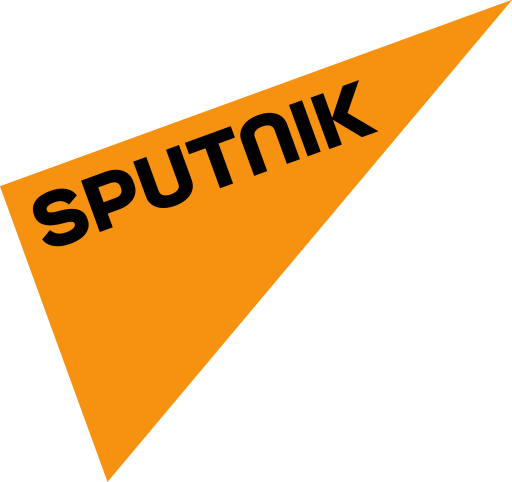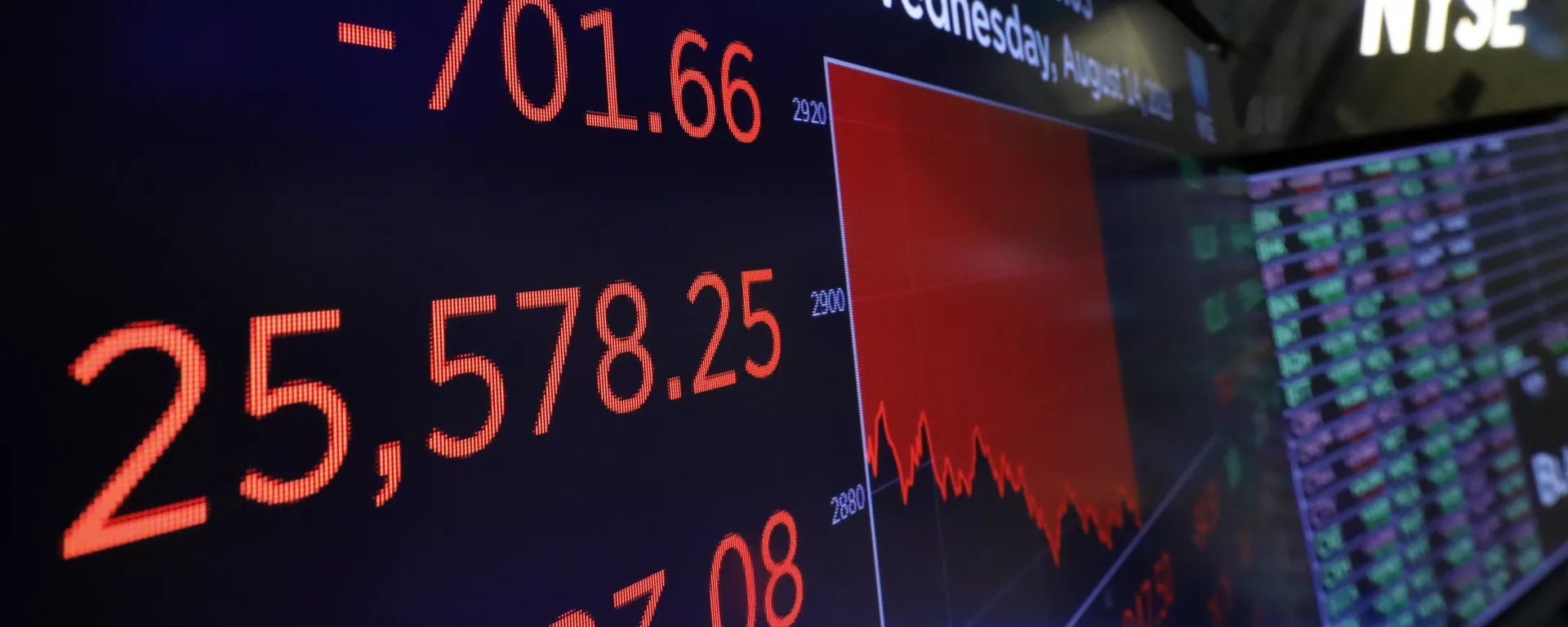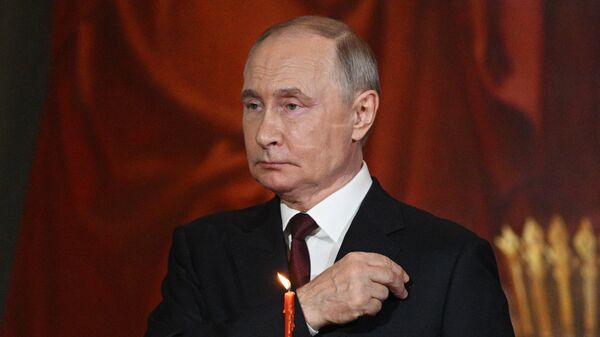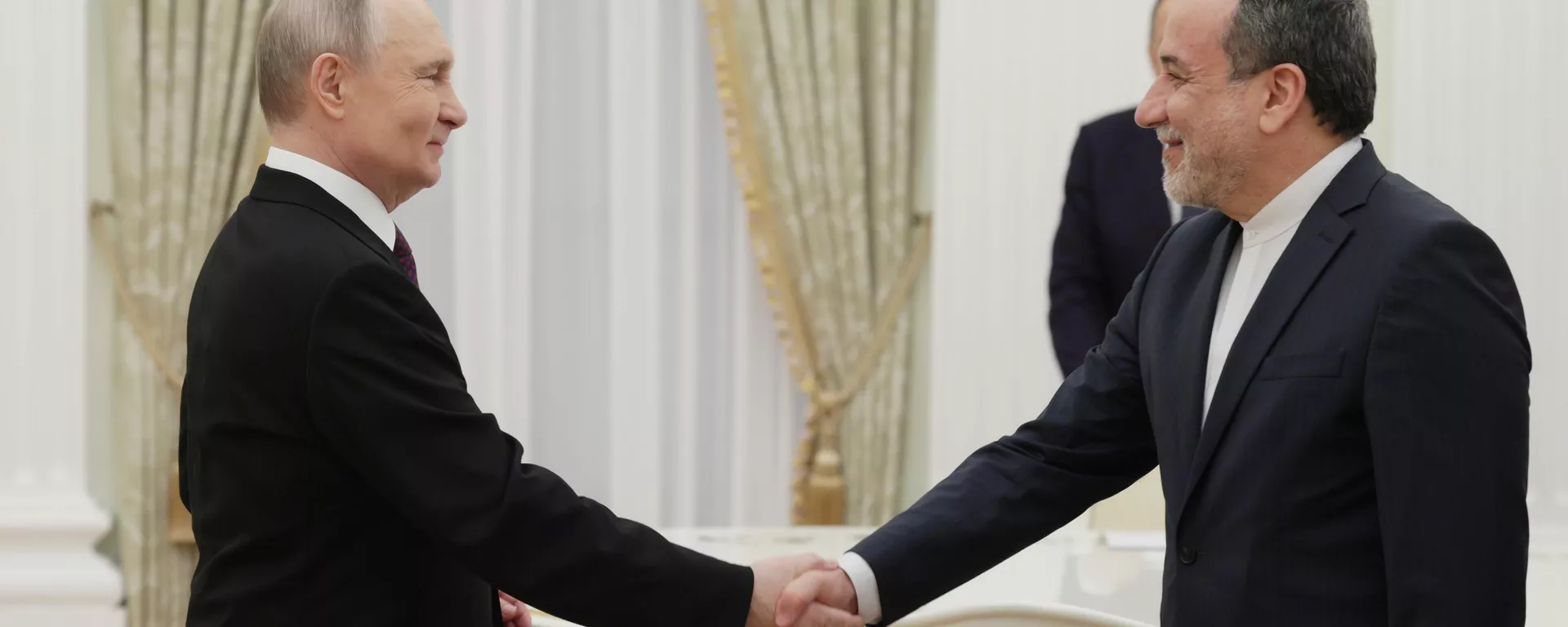As turbulence sets in from US President Donald Trump’s new and much-talked-about economic policy, companies are now resorting to various customs tricks, according to a report by the Financial Times.
Two notable hacks are gaining traction:
Tweaking supplier contracts to declare prices before the addition of middlemen's markups, thereby reducing the dutiable value.
Splitting payments into non-taxable services, such as advertising, which can lower costs by 20% or more.
1️⃣ TARIFF WARS SEND MARKETS INTO PANIC MODE 📉💥
Trump’s timing with tariffs couldn’t be worse, coming on top of the largest debt-credit bubble in history. Here’s everything you need to know. 👇https://t.co/nvFIP1jCe2 pic.twitter.com/xKHoZhE2gA
However, given that these tactics clash with long-standing tax strategies, global corporations must tread lightly, navigating a fine line between evading tariffs and venturing into risky territory.
On April 2, Donald Trump announced "reciprocal" tariffs on imports from other countries. The baseline rate will be 10%, but for each country the tariff will be calibrated and will be half of what they charge companies importing US goods.
According to Trump, this will be a "declaration of economic independence" for the United States. The EU is subject to 20% tariffs.

 1 week ago
14
1 week ago
14






 We deliver critical software at unparalleled value and speed to help your business thrive
We deliver critical software at unparalleled value and speed to help your business thrive






 English (US) ·
English (US) ·